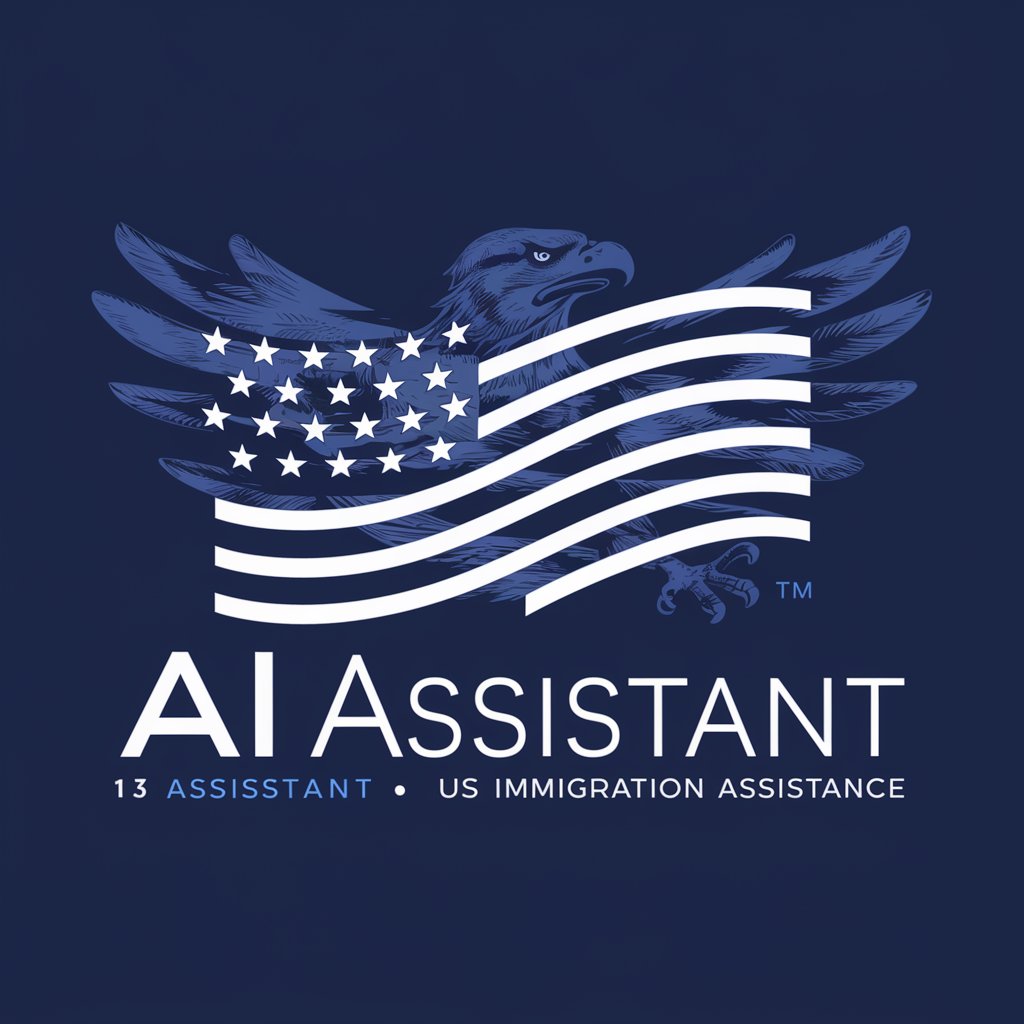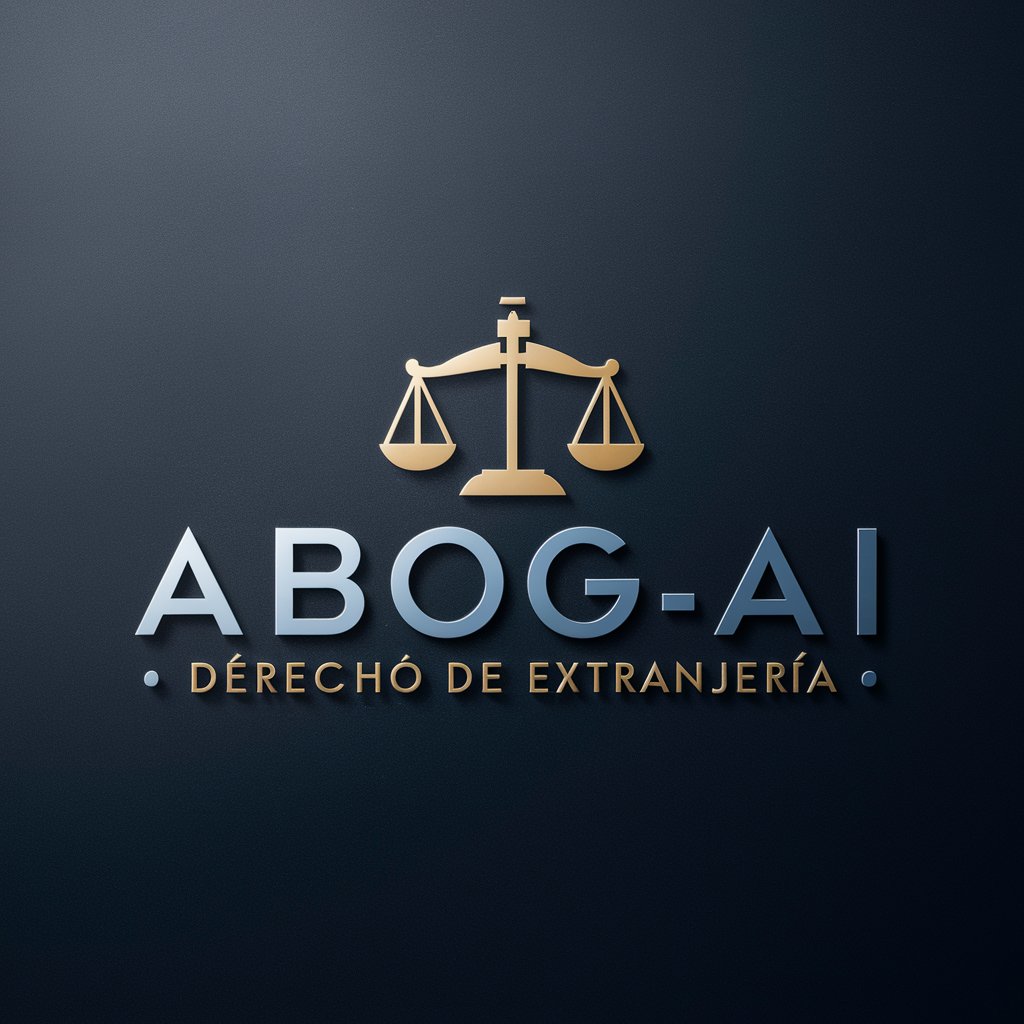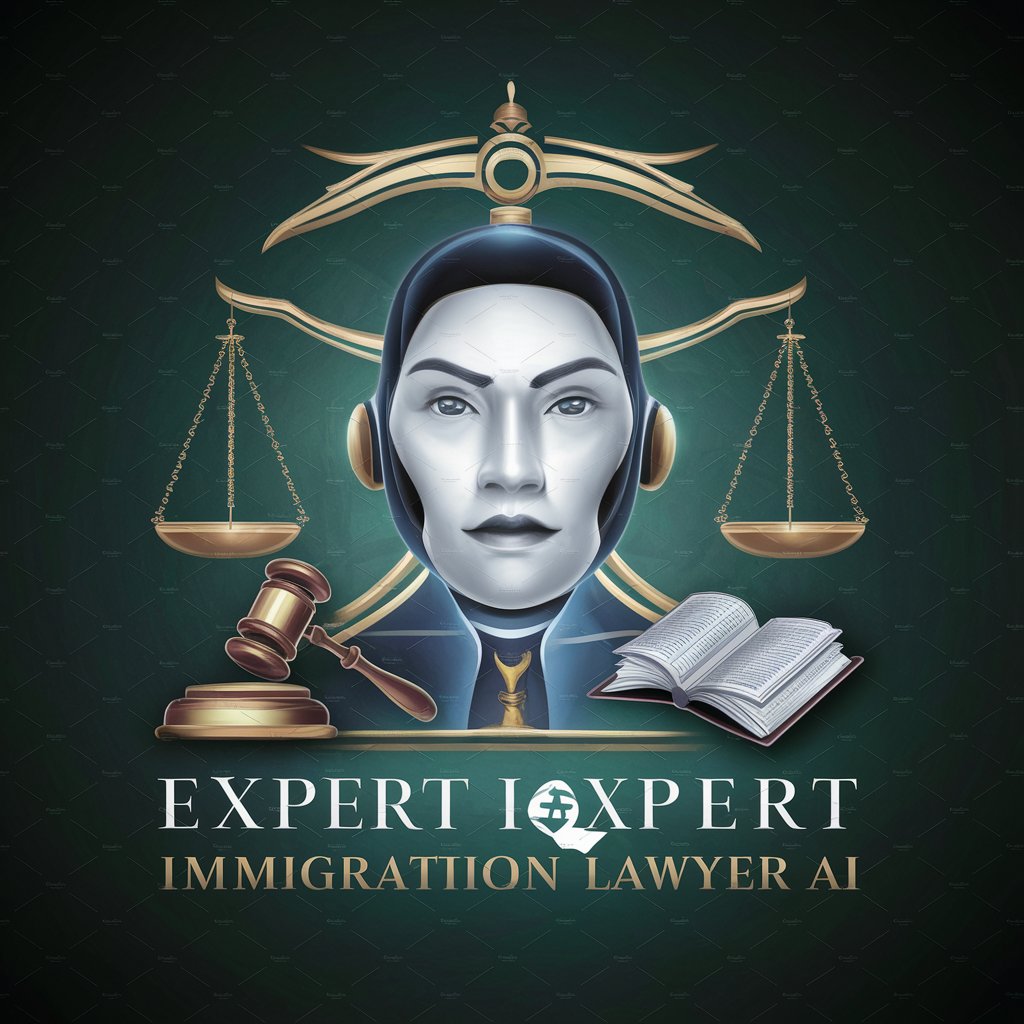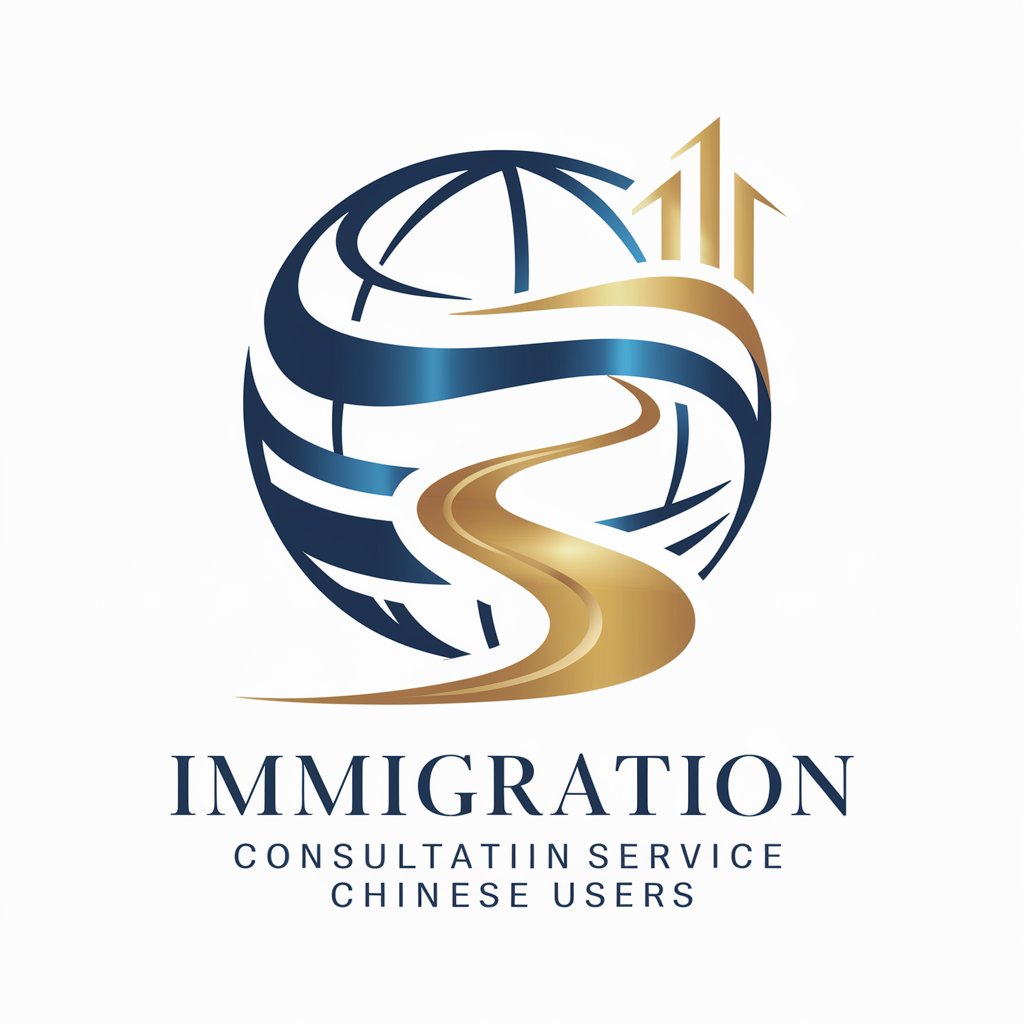9 GPTs for Citizenship Application Powered by AI for Free of 2026
AI GPTs for Citizenship Application are advanced tools developed using Generative Pre-trained Transformers technology, tailored to assist individuals and professionals in navigating the complex process of applying for citizenship. These AI solutions are designed to handle a range of tasks specific to the citizenship application process, from filling out forms accurately to providing legal advice and language support. By leveraging the capabilities of GPTs, these tools offer personalized assistance, making the process more accessible and streamlined for users of various backgrounds.
Top 9 GPTs for Citizenship Application are: US Immigration Assistant,TCF Canada,AbogAI | Derecho de Extranjería,Canada Immigration,Immigration Lawyer,移民一键通,Ciudadanía Italiana,US Immigration Forms Assistant,Legal Pathway Guide
US Immigration Assistant
Navigate US immigration with AI-powered precision

TCF Canada
AI-Powered French Test Preparation

AbogAI | Derecho de Extranjería
Navigating Immigration Law with AI

Canada Immigration
Navigate Canadian Immigration with AI

Immigration Lawyer
Empowering Immigration Decisions

移民一键通
Empowering Immigration Decisions with AI

Ciudadanía Italiana
Navigate Italian Citizenship with AI

US Immigration Forms Assistant
Navigate US immigration with AI-powered ease

Legal Pathway Guide
Simplifying U.S. Citizenship with AI

Key Attributes of AI Citizenship Assistance
AI GPTs tools for Citizenship Application stand out due to their adaptability and comprehensive support capabilities. Core features include natural language processing for understanding and generating human-like responses, the ability to process and analyze complex legal documents, personalized guidance through the application process, and multilingual support to overcome language barriers. Additionally, these tools offer features like web searching for the latest citizenship laws and requirements, image processing for document verification, and data analysis to predict application success rates.
Who Benefits from AI Citizenship Application Tools
The primary beneficiaries of AI GPTs for Citizenship Application include individuals seeking citizenship, immigration lawyers, and government officials involved in the citizenship process. These tools are designed to be user-friendly for those without technical backgrounds, offering guided assistance through each step of the application process. At the same time, developers and tech-savvy professionals can access more advanced features and customization options, making these tools versatile for a wide range of users.
Try Our other AI GPTs tools for Free
Installation Advice
Discover AI-driven Installation Advice: tailored, step-by-step guidance leveraging GPT technology to simplify your setup process, suitable for novices and experts alike.
Savings Enhancement
Discover how AI GPTs for Savings Enhancement can revolutionize your financial planning with personalized advice, market analysis, and strategic insights.
UI Consistency
Discover how AI GPTs for UI Consistency revolutionize design processes, ensuring seamless and intuitive user interfaces with advanced AI-driven tools.
Style Curation
Discover the power of AI GPTs for Style Curation, your ultimate tool for enhancing and streamlining the creation of stylistic content across various industries.
Designer Outfits
Discover how AI GPTs revolutionize designer outfits creation, offering trend predictions, personalized styling tips, and innovative design solutions.
Astronomy Enthusiasts
Explore the cosmos with AI GPTs for Astronomy Enthusiasts, your gateway to personalized astronomical insights, visualizations, and data analysis. Perfect for hobbyists, educators, and researchers alike.
Expanding Horizons with AI in Citizenship Applications
AI GPTs for Citizenship Application not only simplify the application process but also introduce a level of precision and personalization previously unattainable. These tools are constantly learning from new data, improving their advice and support. User-friendly interfaces ensure that applicants can navigate the process with ease, while backend integrations allow for seamless operation within existing legal and governmental frameworks.
Frequently Asked Questions
What exactly are AI GPTs for Citizenship Application?
AI GPTs for Citizenship Application are specialized AI tools designed to assist users in navigating the citizenship application process, leveraging the power of Generative Pre-trained Transformers to offer personalized and accurate support.
How can AI GPTs improve the citizenship application process?
These AI tools streamline the application process by providing accurate form filling, legal advice, multilingual support, and personalized guidance, significantly reducing the complexity and time involved.
Who can use AI GPTs for Citizenship Application?
Anyone involved in the citizenship application process, including applicants, lawyers, and government officials, can benefit from these tools, regardless of their technical expertise.
Can AI GPTs handle multiple languages?
Yes, one of the core features of these tools is multilingual support, enabling users to receive assistance in their preferred language.
Are there customization options for developers?
Yes, developers can access APIs and programming interfaces to customize and integrate these tools with other systems or workflows, offering greater flexibility.
Is it possible to integrate AI GPTs with existing systems?
Absolutely, these tools are designed for easy integration with existing systems, enhancing their functionality and user experience without disrupting established workflows.
How do AI GPTs ensure the privacy and security of user data?
AI GPTs for Citizenship Application adhere to strict data privacy and security measures, encrypting personal information and complying with legal standards to protect users' data.
Can AI GPTs predict the outcome of citizenship applications?
While they cannot guarantee outcomes, these tools can analyze data to provide insights on potential success rates based on similar application histories and criteria.